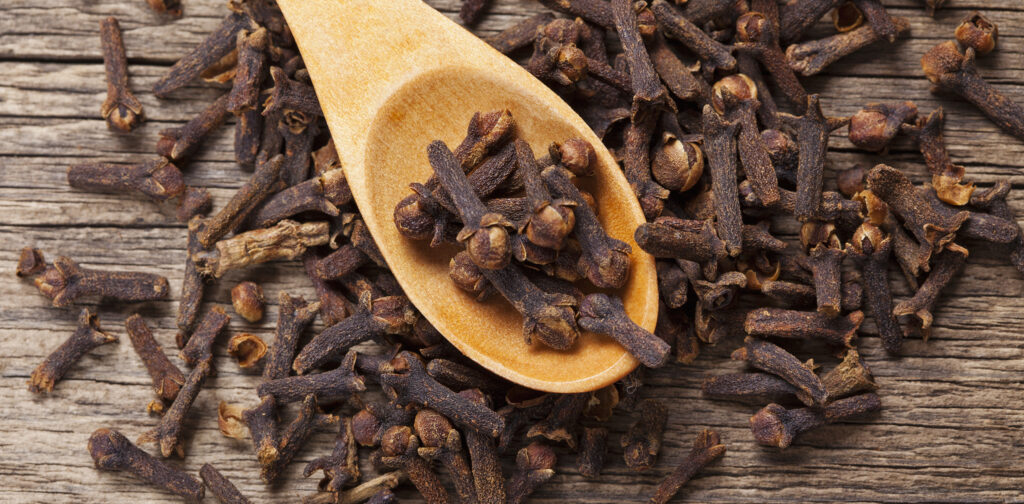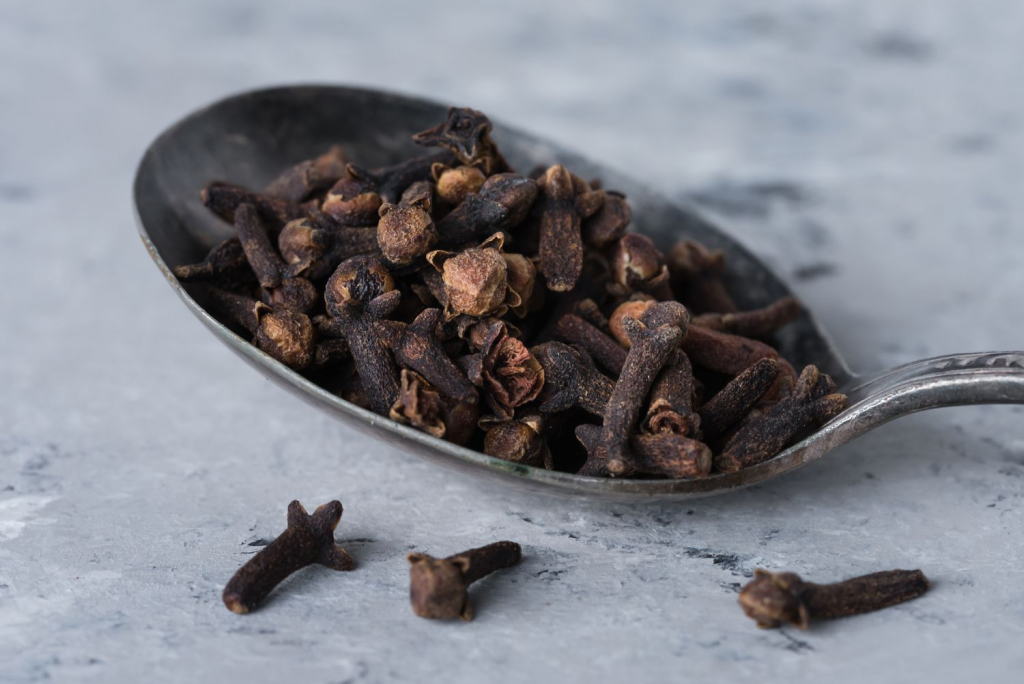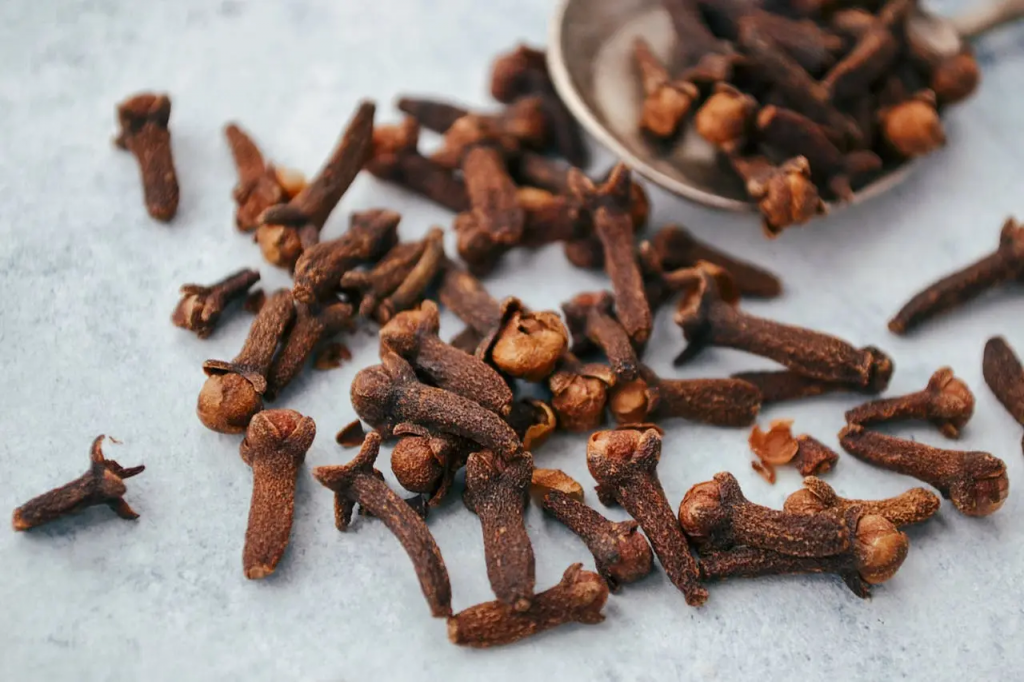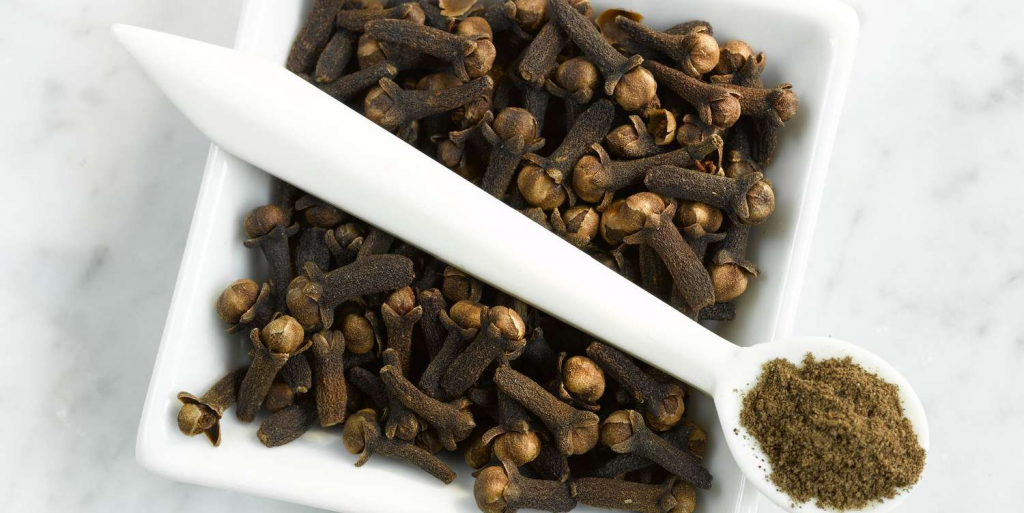What if something as small as a clove could make a big difference in your health? Cloves, those tiny, aromatic flower buds often used in cooking, have been prized for centuries in traditional medicine. But modern research now confirms that chewing cloves daily may bring surprising benefits for your body and mind. According to a review published in the Journal of Natural Medicine, cloves contain one of the highest levels of antioxidants found in any spice, along with powerful compounds like eugenol that support digestion, immunity, and even dental health.
Why does this matter? Because small daily habits often lead to the biggest changes in long-term wellness. Instead of reaching for costly supplements or medications, incorporating cloves into your routine might offer a natural boost. Backed by both scientific studies and medical expert opinions, the benefits of this spice are too impressive to ignore. In this article, you’ll discover seven evidence-based reasons to start chewing cloves daily, plus practical tips on how to do it safely and effectively.

What Makes Cloves So Powerful?
Cloves are packed with bioactive compounds, vitamins, and minerals. Their star component, eugenol, has been widely studied for its anti-inflammatory, antimicrobial, and antioxidant properties.
Key nutrients in cloves per teaspoon (about 2 grams):
- Manganese: 55% of the daily recommended intake
- Vitamin K: 4%
- Vitamin C: 3%
- Small amounts of calcium, magnesium, and fiber
What makes cloves unique is not just their nutrient density but their medicinal potency. This explains why they are still used in both Ayurveda and traditional Chinese medicine for issues ranging from toothaches to digestive distress.
1. Improves Digestion and Reduces Bloating
Chewing cloves before or after meals stimulates the secretion of digestive enzymes. This helps the stomach break down food more efficiently and prevents common issues such as indigestion, gas, and bloating.

Cloves also contain fiber, which supports regular bowel movements. Some doctors even recommend cloves as a natural remedy for mild nausea or stomach upset.
Practical tip: Try chewing one or two cloves after a heavy meal to ease discomfort and promote smoother digestion.
2. Supports Oral Health and Freshens Breath
Have you ever noticed that many traditional toothpastes or mouthwashes list clove oil as an ingredient? That’s because eugenol acts as a natural antiseptic and mild anesthetic. Chewing cloves daily may help reduce bacterial buildup in the mouth, combat bad breath, and even soothe minor gum pain.
A study in the Journal of Dentistry found that clove-based mouth rinses were effective at reducing harmful oral bacteria, sometimes comparable to commercial products.
Case story: John, 52, had persistent bad breath despite brushing twice daily. After chewing cloves regularly for a month, he noticed fresher breath and fewer gum irritations.
3. Boosts Immunity Naturally
Cloves are among the richest natural sources of antioxidants, which fight free radicals that damage cells and accelerate aging. Their antiviral and antibacterial properties help strengthen the body’s defenses, making them useful during cold and flu season.

A clinical review published in Phytotherapy Research highlighted cloves as one of the top spices for immune resilience. For people over 50, adding cloves to the diet may offer extra protection against infections.
Practical tip: Chew one clove every morning with warm water to give your immune system a gentle daily boost.
4. Supports Heart Health and Circulation
The antioxidants and anti-inflammatory compounds in cloves can improve blood vessel health. Some research indicates that eugenol helps regulate cholesterol levels by reducing LDL (bad cholesterol) while improving HDL (good cholesterol).
In addition, cloves may help maintain healthy blood pressure by improving circulation and reducing arterial stiffness. Although more human studies are needed, initial findings are promising for long-term cardiovascular support.
Comparison Table: Cloves vs. Aspirin for Heart Health
| Factor | Cloves (Chewed Daily) | Aspirin (Low Dose) |
|---|---|---|
| Blood-thinning | Mild, natural effect | Strong, pharmaceutical |
| Side effects | Minimal when consumed moderately | Risk of stomach bleeding, ulcers |
| Added benefits | Antioxidants, immune support | None beyond clot prevention |

5. Helps Regulate Blood Sugar
For people with prediabetes or type 2 diabetes, cloves may offer natural support. Studies show that compounds in cloves improve insulin sensitivity and help regulate blood sugar levels. In one study, participants who took clove extracts had better glucose control compared to the placebo group.
Practical tip: Combine chewing cloves with balanced meals and regular activity. Do not replace prescribed medications, but consider cloves as a complementary strategy.
6. Anti-Inflammatory and Pain-Relieving Properties
Eugenol has mild analgesic effects, which is why clove oil is still used for toothaches. Chewing whole cloves releases eugenol gradually, offering natural pain relief for minor aches, sore throats, or joint stiffness.
Case story: Maria, 60, struggled with arthritis in her fingers. After chewing two cloves daily for several weeks, she noticed less stiffness in the mornings. While it didn’t cure her condition, it provided gentle relief without side effects.

7. Supports Liver Health and Detoxification
The liver is responsible for filtering toxins and maintaining metabolic balance. Animal studies suggest that eugenol in cloves may protect the liver from oxidative stress and improve its overall function. While more human trials are needed, many natural health practitioners recommend cloves as part of a gentle detox routine.
Practical tip: Chewing cloves on an empty stomach with warm water a few times per week may support liver health alongside a balanced diet.
How to Chew Cloves Safely and Effectively
- Start small: One to two cloves per day is enough.
- Don’t swallow whole: Chew slowly to release beneficial oils.
- Avoid overuse: Excessive intake can cause mouth irritation or digestive discomfort.
- Pregnant or nursing women should consult a doctor before daily use.
- If you are on blood-thinning medication, speak with your healthcare provider before adding cloves regularly.

Real-Life Experiences With Daily Clove Use
Many people have shared positive outcomes after adopting this simple habit.
- David, 55, Ohio: “I started chewing one clove every night. My digestion improved noticeably, and I no longer rely on antacids.”
- Lily, 47, Texas: “I struggled with bad breath for years. Chewing cloves was a game-changer—it feels fresher than gum and lasts longer.”
- Anita, 62, California: “I was looking for a natural way to support my immune system. Cloves became part of my daily wellness routine, and I feel stronger during flu season.”
Conclusion
Cloves may be small, but they deliver big health benefits when chewed daily. From improving digestion and oral health to supporting the immune system and circulation, this spice deserves a place in your daily routine. While it’s not a substitute for professional treatment or prescribed medications, adding cloves to your life is a simple, natural step toward better health.
Frequently Asked Questions
How many cloves should I chew daily?
One to two cloves are enough for most adults.
Can I chew cloves if I take medication?
Consult your doctor, especially if you’re on blood thinners or managing chronic conditions.
Do cloves have side effects?
When consumed moderately, side effects are rare. Overuse may cause mouth irritation or digestive upset.
Can children chew cloves?
It’s best to avoid giving whole cloves to children due to choking risks.
This content is for educational purposes only and does not replace professional medical advice.




